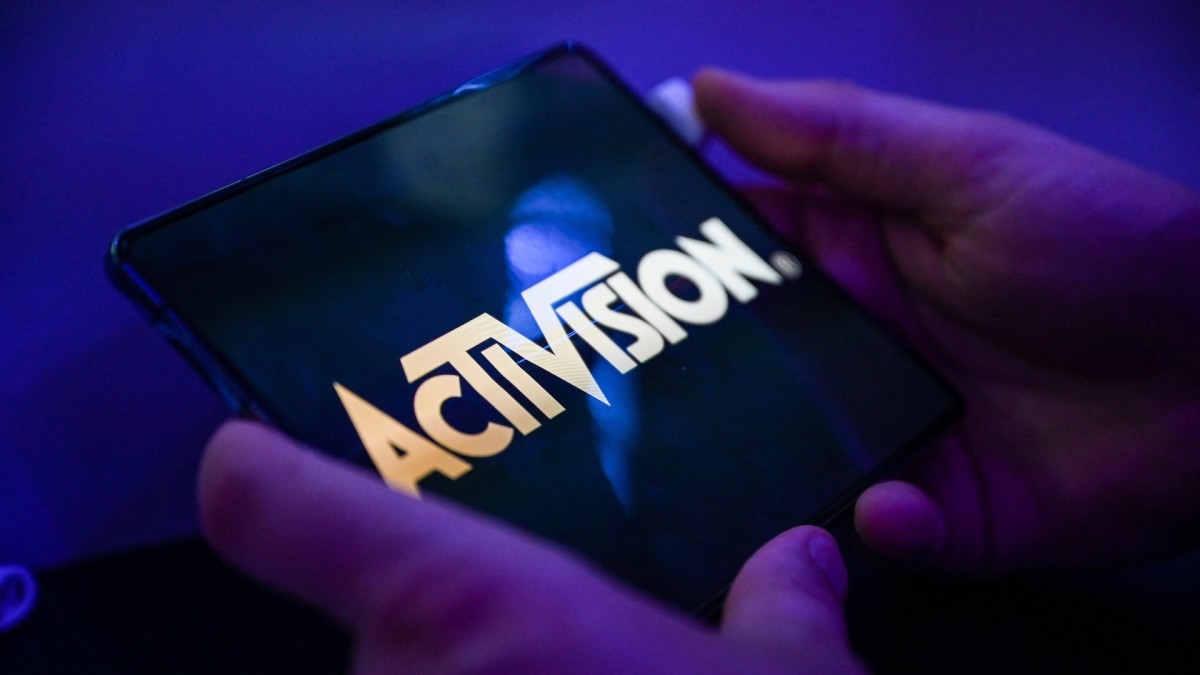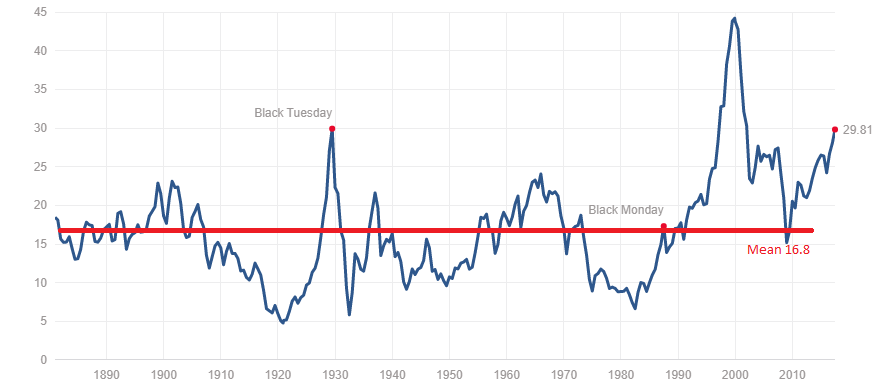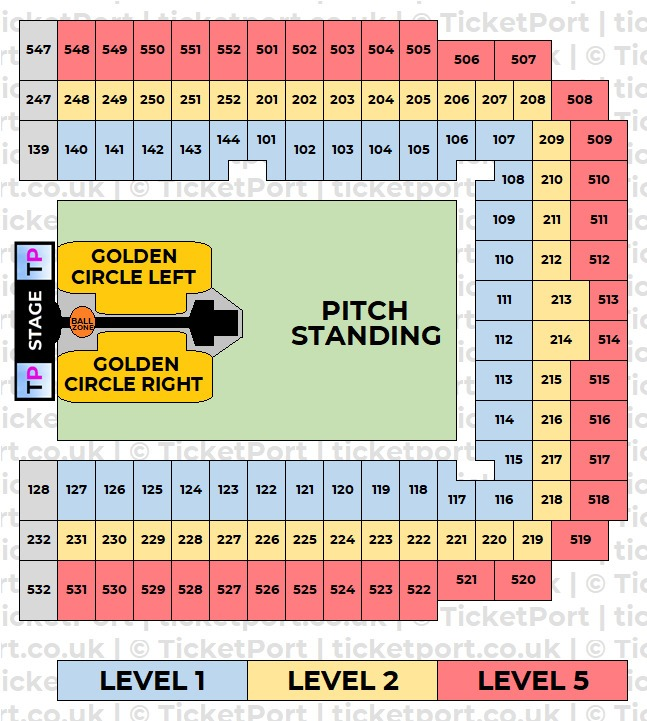FTC To Challenge Microsoft-Activision Deal Approval

Table of Contents
The FTC's Case Against the Microsoft-Activision Merger
The FTC's antitrust lawsuit against the Microsoft-Activision merger centers on concerns about monopolistic practices and market dominance. The commission argues that the merger would significantly reduce competition within the gaming industry, harming consumers in the long run. Key concerns revolve around several critical areas:
-
Call of Duty Exclusivity: A major point of contention is the potential for Microsoft to make popular Activision Blizzard franchises, especially Call of Duty, exclusive to its Xbox ecosystem. This would severely disadvantage competitors like Sony's PlayStation, potentially leading to a decline in PlayStation's market share and limiting consumer choice. The FTC argues this would constitute anti-competitive behavior.
-
Console Market Dominance: The FTC believes the merger would enhance Microsoft's already significant presence in the console market. By acquiring Activision Blizzard, Microsoft would gain control over a vast portfolio of popular game titles, strengthening its position against competitors and potentially stifling innovation.
-
Cloud Gaming Concerns: The rapidly growing cloud gaming market is another area of concern for the FTC. The merger could allow Microsoft to leverage Activision Blizzard's titles to dominate this emerging sector, limiting access for smaller competitors and potentially hindering the development of alternative cloud gaming platforms.
-
Legal Strategy and Evidence: The FTC's legal strategy will likely involve presenting evidence demonstrating the anti-competitive effects of the merger, potentially including market analysis, expert testimony, and internal documents from both Microsoft and Activision Blizzard. They will likely reference past antitrust cases to support their claims.
Microsoft's Defense and Counterarguments
Microsoft has vehemently defended the merger, arguing that it will ultimately benefit consumers and increase competition within the gaming industry. Their counterarguments revolve around several key points:
-
Call of Duty Remains Multi-Platform: A cornerstone of Microsoft's defense is their commitment to keeping Call of Duty available on PlayStation and other platforms. Microsoft has publicly stated its intention to continue licensing Call of Duty to Sony and other competitors, attempting to alleviate the FTC's concerns about exclusivity. They will likely cite contractual agreements to support this claim.
-
Beneficial Competition: Microsoft argues that the merger will lead to increased competition, not reduced competition. They claim that integrating Activision Blizzard's games into Xbox Game Pass will offer consumers greater value and choice, broadening the overall gaming market.
-
Xbox Game Pass Expansion: The integration of Activision Blizzard's extensive game catalog into Xbox Game Pass is presented as a positive for consumers. This, Microsoft argues, will increase the value proposition of Game Pass, fostering more competition within the subscription gaming market.
-
Legal Strategy and Evidence: Microsoft’s legal team will likely focus on presenting evidence showcasing the competitive landscape and highlighting the benefits of the merger for consumers. This may involve market data, economic modeling, and testimony from industry experts.
Potential Outcomes and Implications for the Gaming Industry
The FTC's challenge to the Microsoft-Activision merger could result in several potential outcomes:
-
Full Block: The FTC could successfully block the merger entirely, preventing the acquisition from proceeding. This would be a significant victory for antitrust regulators and potentially set a precedent for future mergers in the gaming industry.
-
Conditional Approval: The FTC might approve the merger subject to certain conditions, such as divestitures (selling off parts of Activision Blizzard) or behavioral remedies (agreeing to certain restrictions on Microsoft's conduct).
-
Settlement: A settlement could be reached where Microsoft agrees to concessions to address the FTC's concerns, potentially leading to a modified acquisition.
Regardless of the outcome, this legal battle will have profound implications for the gaming industry:
-
Market Impact: The decision will significantly shape the competitive landscape of the gaming industry, influencing market share, innovation, and pricing.
-
Future of Gaming: The precedent set by this case will influence future mergers and acquisitions in the sector, impacting the consolidation of power within the gaming industry.
-
Regulatory Oversight: The case underscores the increasing role of regulatory bodies in overseeing mergers and acquisitions in the tech sector, highlighting the importance of antitrust considerations.
-
Consumer Impact: The outcome could influence game prices, availability, and the overall gaming experience for consumers.
Conclusion
The FTC's challenge to the Microsoft-Activision merger marks a significant turning point in the gaming industry, raising crucial questions about competition, market dominance, and regulatory oversight. The outcome will have far-reaching consequences, shaping the competitive landscape and the future of gaming for years to come. The impact on the gaming industry, especially concerning Call of Duty and the broader gaming market, is immense. This antitrust challenge is a pivotal moment.
Call to Action: Stay informed about the ongoing FTC vs. Microsoft-Activision legal battle. Follow this website for updates and analysis of this critical development affecting the future of the gaming industry and the Microsoft-Activision merger. Continue to research the implications of this antitrust challenge and its effect on the future of gaming.

Featured Posts
-
 Malaysias Data Center Expansion Negeri Sembilan Takes Center Stage
Apr 29, 2025
Malaysias Data Center Expansion Negeri Sembilan Takes Center Stage
Apr 29, 2025 -
 New Jazz Album From Jeff Goldblum Features Cynthia Erivo Ariana Grande And Other Big Names
Apr 29, 2025
New Jazz Album From Jeff Goldblum Features Cynthia Erivo Ariana Grande And Other Big Names
Apr 29, 2025 -
 Understanding High Stock Market Valuations Bof As Perspective For Investors
Apr 29, 2025
Understanding High Stock Market Valuations Bof As Perspective For Investors
Apr 29, 2025 -
 Capital Summertime Ball 2025 Tickets Where And How To Buy
Apr 29, 2025
Capital Summertime Ball 2025 Tickets Where And How To Buy
Apr 29, 2025 -
 The Magnificent Sevens 2 5 Trillion Plunge Understanding The Market Downturn
Apr 29, 2025
The Magnificent Sevens 2 5 Trillion Plunge Understanding The Market Downturn
Apr 29, 2025
